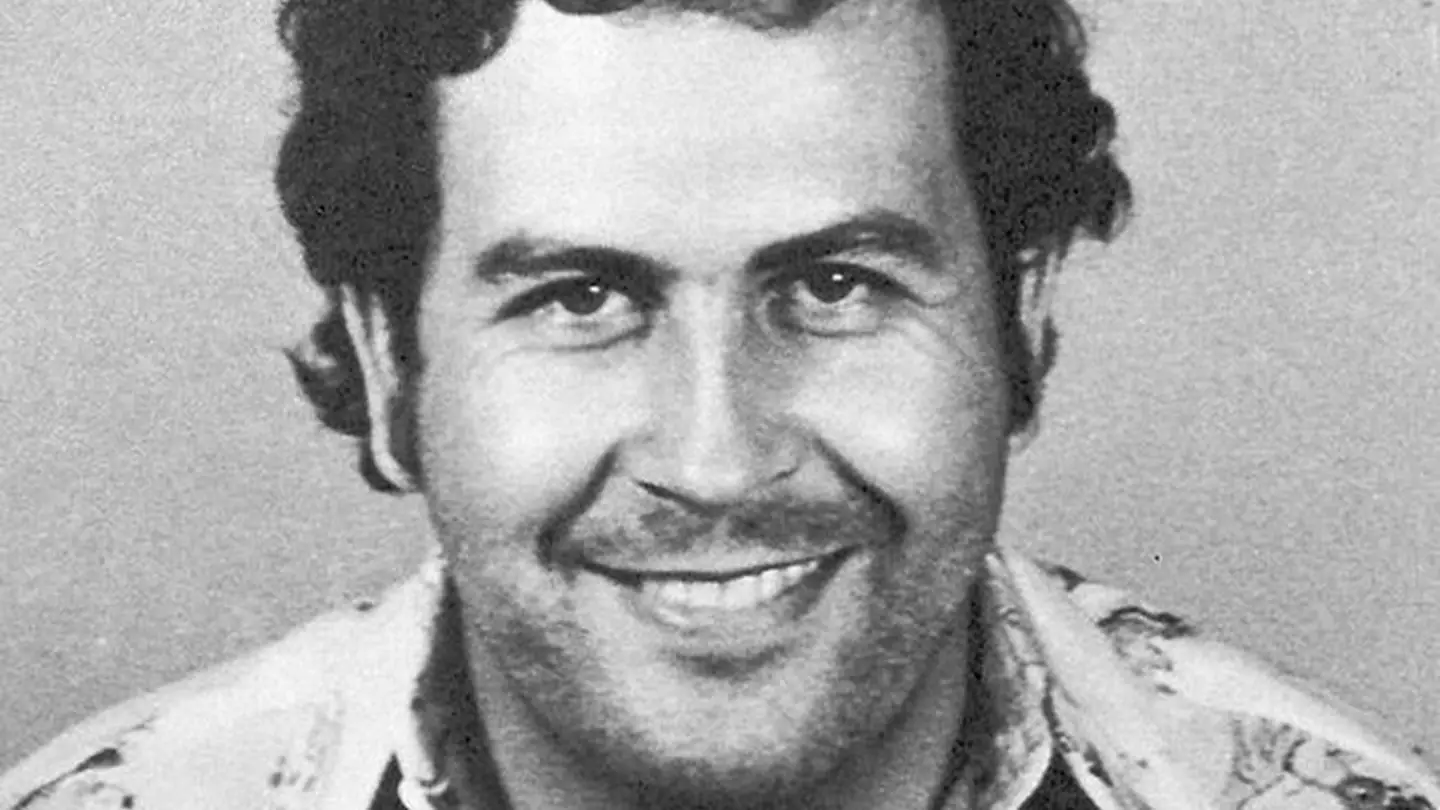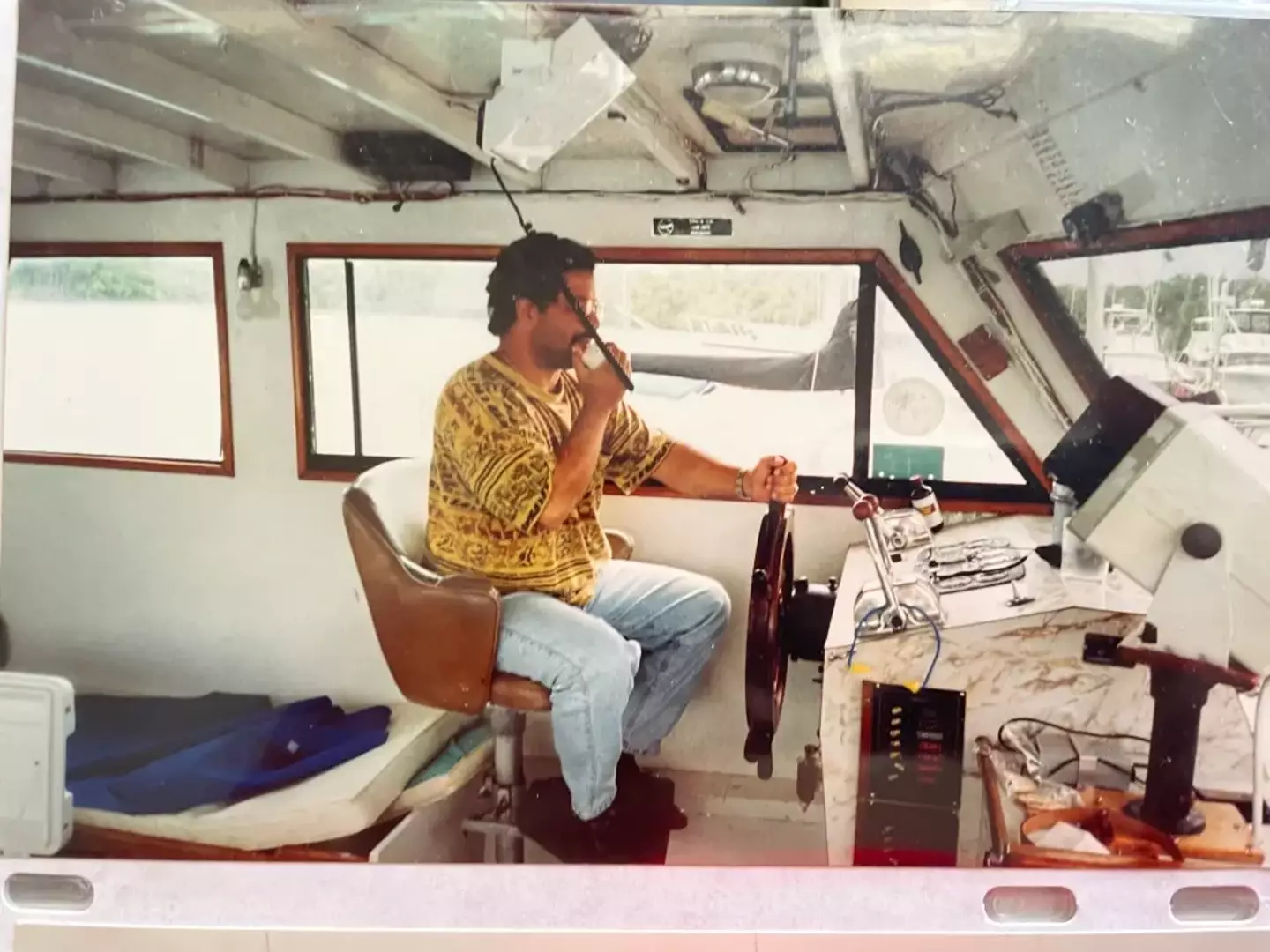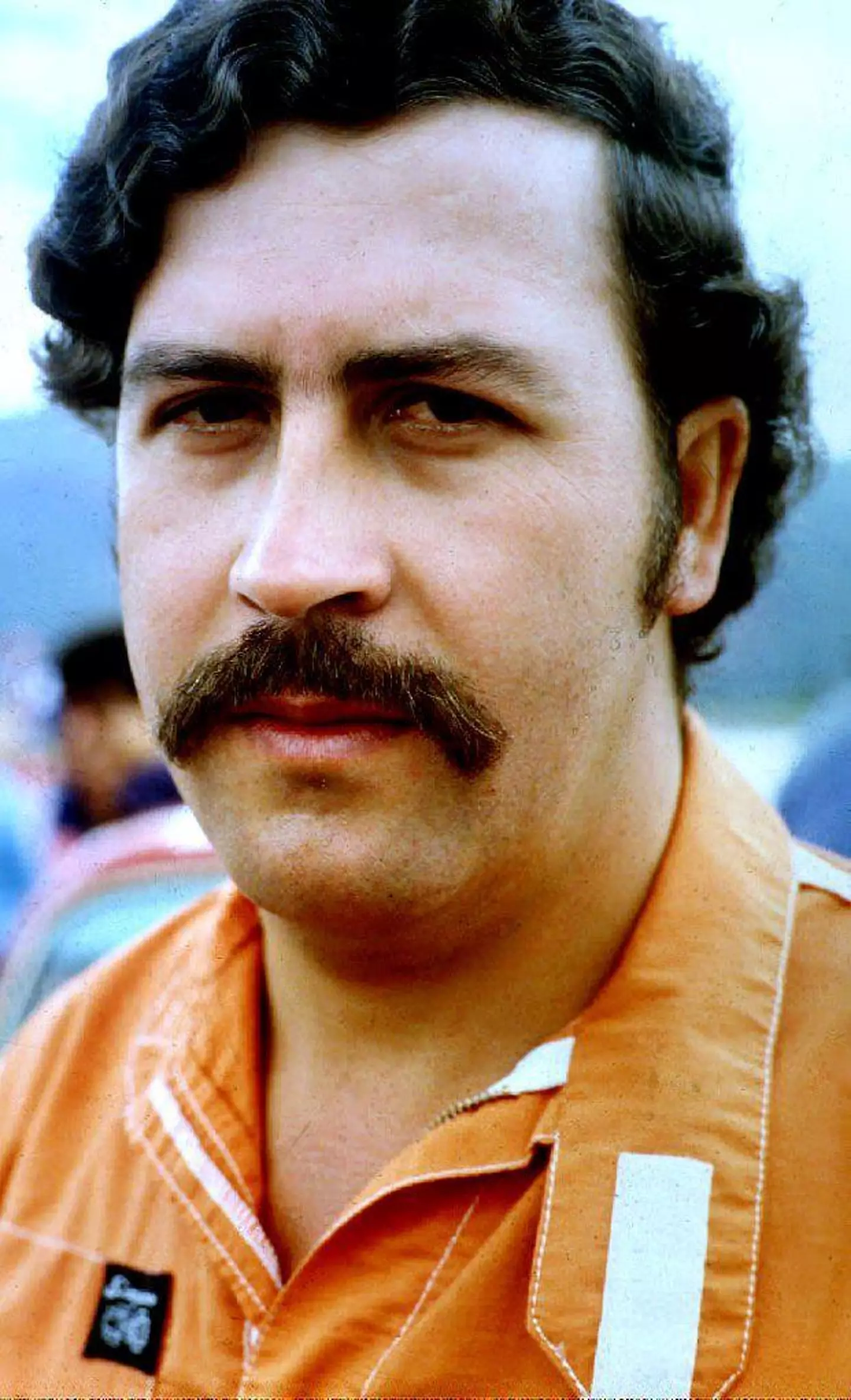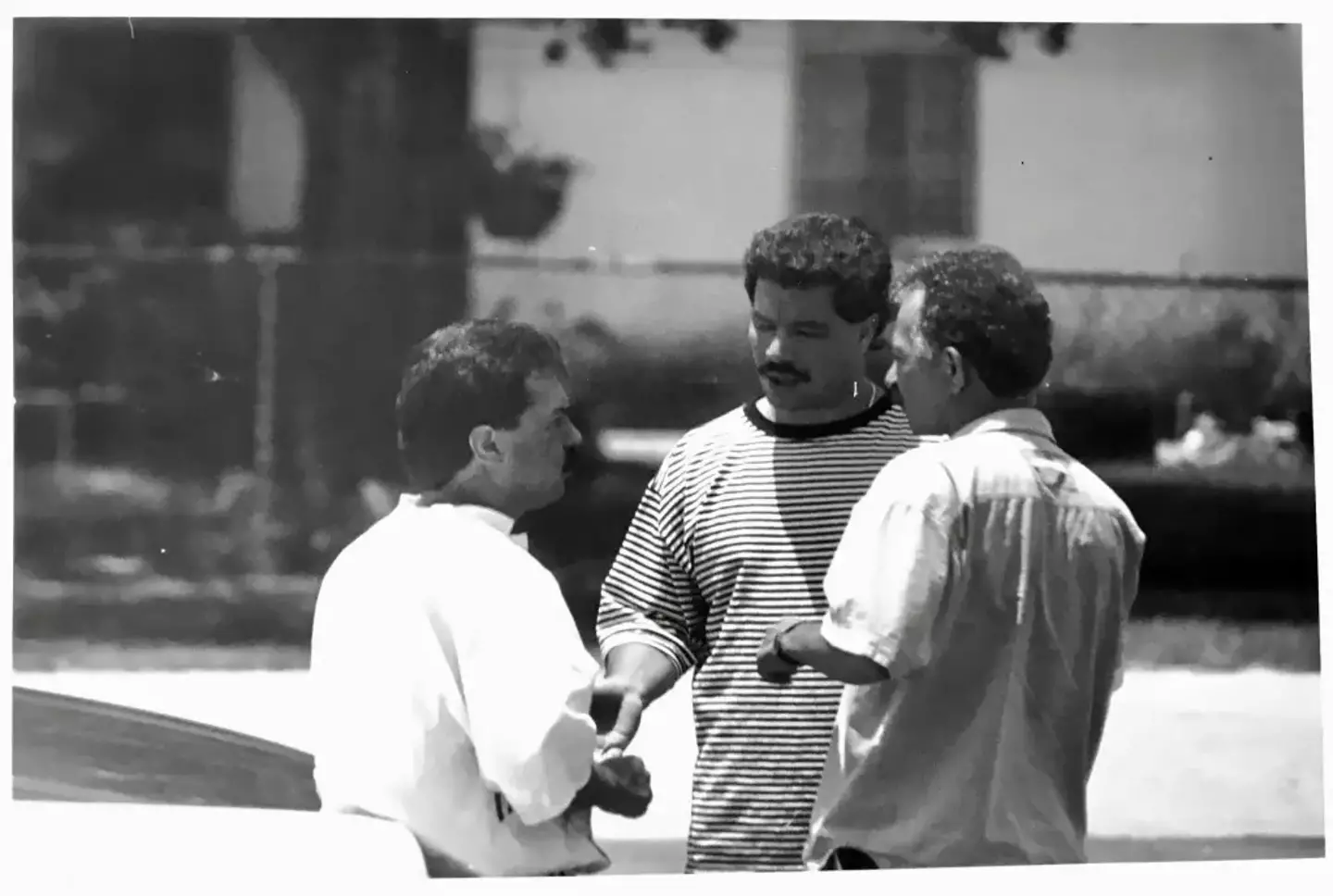
An undercover cop for the FBI has revealed what he witnessed at the height of Pablo Escobar's reign over the Medellín drug cartel.
FBI Special Agent Martin Suarez's new memoir, Inside the Cartel, offers a unique look at how he helped smuggle more than $1 billion worth of cocaine into the US, which was eventually seized.
Suarez, who worked for the Bureau from 1988 to 2011, spent much of that time using the alias of 'Manny'.
"In the eyes of Pablo Escobar’s Medellín Cartel, I was one of the most prolific drug smugglers in South Florida," Suarez writes in an excerpt of the book shared by Rolling Stone.
Advert
"I had marine and aviation skills, a reliable crew, and the guts to get their dope across the border.
"But the truth was even more cinematic: I was a deep-undercover FBI agent tasked with infiltrating Colombia’s most menacing narco empires."

In an interview with People, the former agent - who would go undercover for months at a time - opened up about the 'scariest moment' he ever encountered.
When he was six years into the job, a hitman's gun was 'pressed' against the back of his skull in 1994.
"I had just closed my case where I had posed as a money launderer for the North Coast Cartel [of Colombia]," he recalled.

"The indictment had just been unsealed - and I was the only person not charged. That gave me away.
"The cartel's money boss, [known as] 'El Toro Negro', sent a sicario [hitman] to kill me.
"I had never thought that I would be found, but I was wrong. As the assassin told me to get down on my knees, I thought I was a goner.
"But I kept my family in my heart, and told myself I wasn't going to die that day."

Although Suarez tried to keep his undercover alter-ego away from his family, he ended up becoming 'both Martin and Manny at the same time'.
He admits that 'it bled over into my family life' and the 'push and pull' of the character he was trying to portray was always there.
"And while that produced the best results with my cases, it also weighed the heaviest on my psyche," Suarez added.
"And I did sympathise with some of the cartel men. As someone who grew up in Puerto Rico in the 1960s, I knew what poverty could do to a person's moral compass.
"But I always reminded myself that they made these decisions, and it was my job to take them down."
Topics: Pablo Escobar, Drugs, Crime